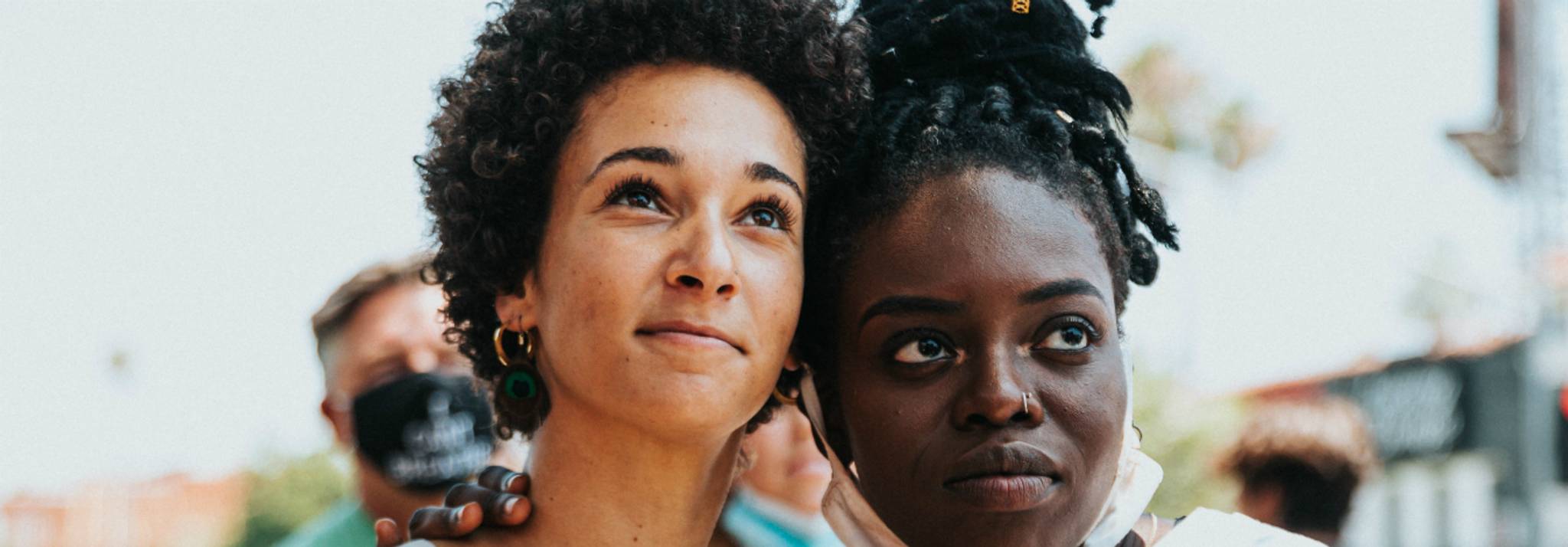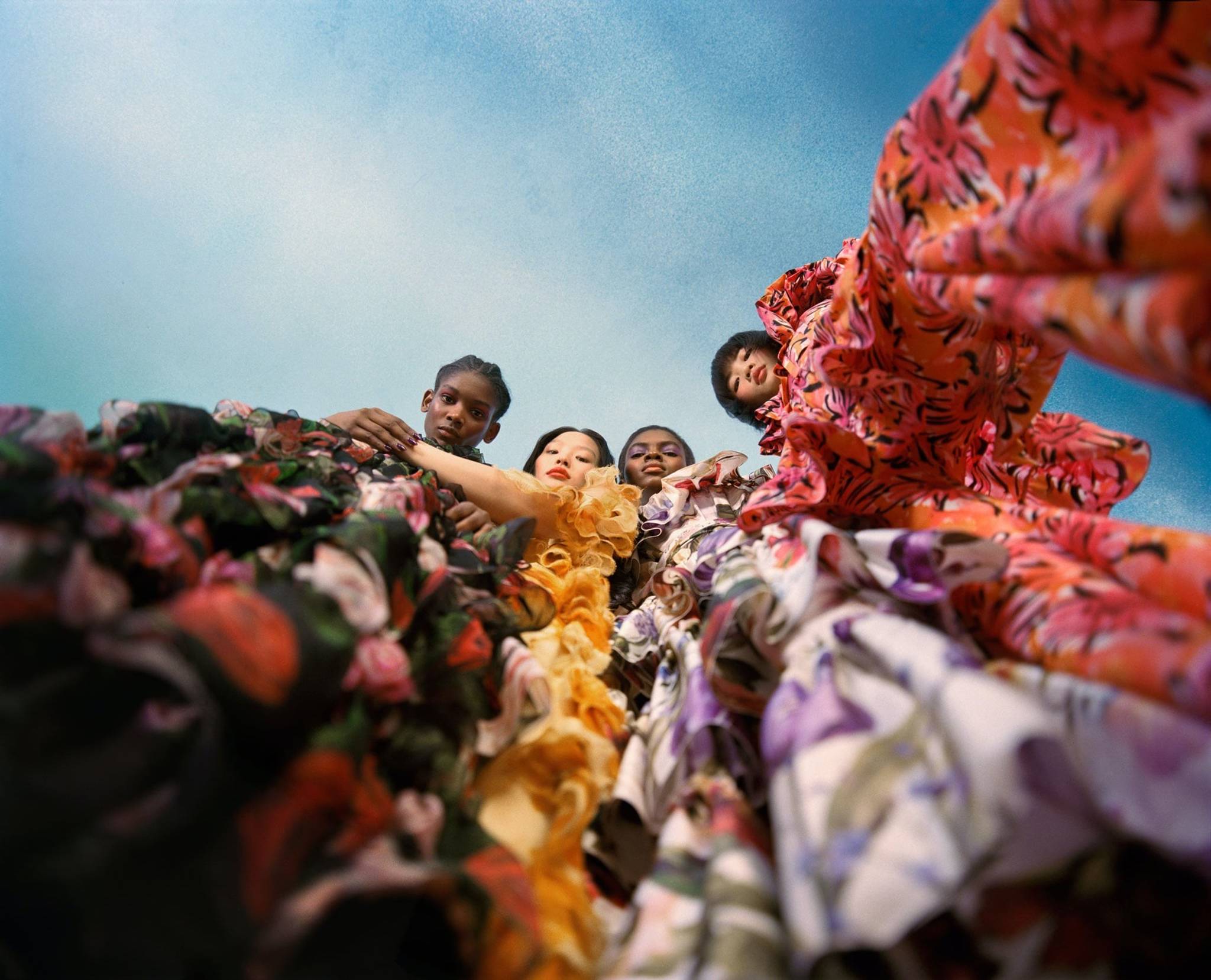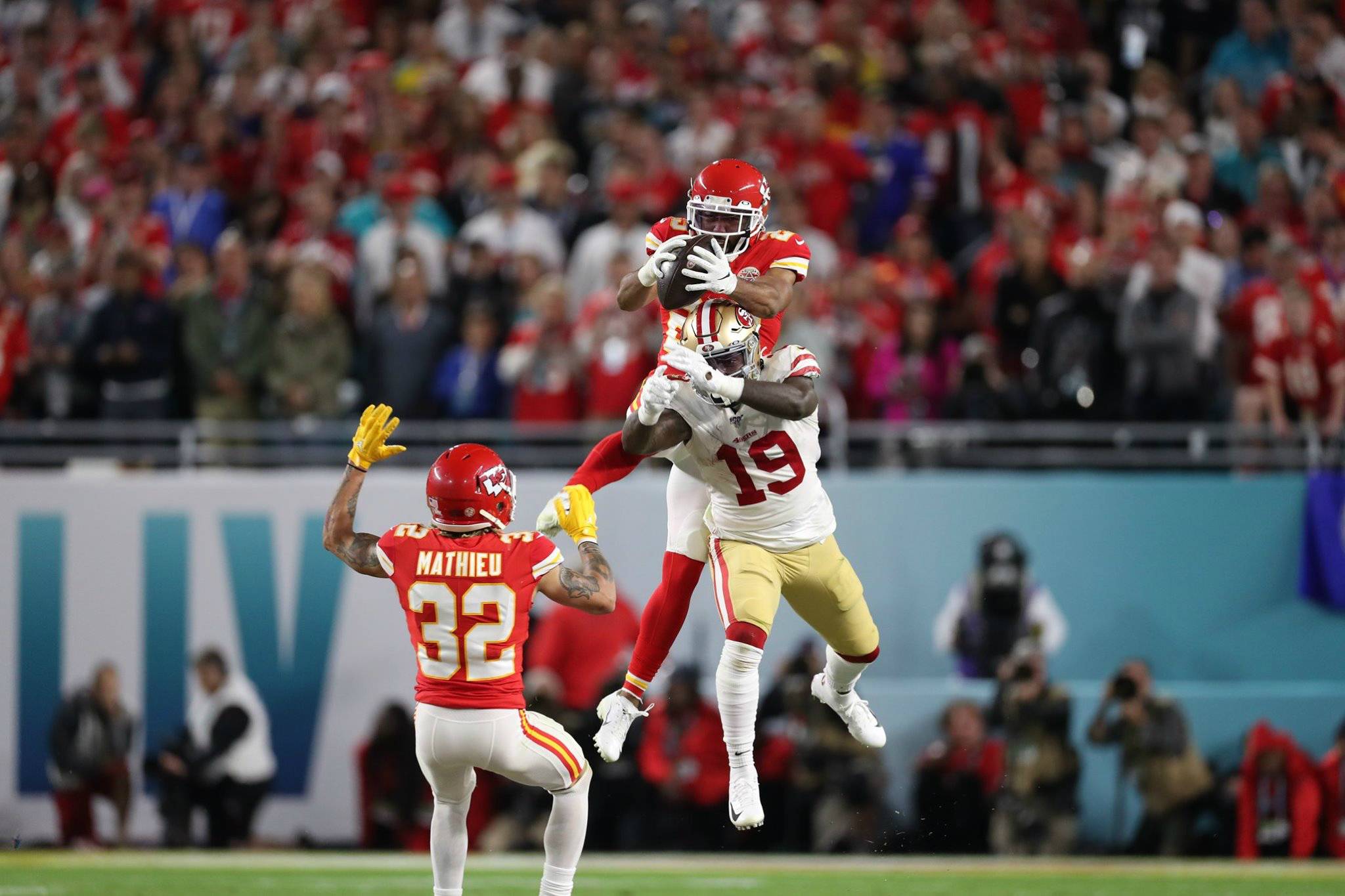
50 Cent hanging upside down. Eminem taking the knee. Snoop Dog being Snoop Dog. The Super Bowl halftime show was nothing less than entertaining, emotional, and eclectic as hip hop legends took the stage and brought their A-game with old school hits pulling at the heartstrings of Gen Yers and Xers alike. Having drawn 103.4 million views, what does this performance tell us about nostalgia, protest through art, and Black culture?
Two sides of a coin
Featuring a star studded line up of hip hop icons, the Super Bowl halftime show was a love letter to Compton. A hometown known for birthing hip hop legends, the set included iconic landmarks such as Tams Burgers, nightclub Eve After Dark and Dr. Martin Luther King’s memorial - an ode to Black culture and its historical impact and power. While the performance was all about amplifying and celebrating Black voices, it's been a stark contrast outside the stages of the NFL. Just weeks before the performance, the NFL was sued by former Miami Dolphins head coach, Brian Flores, who said he faced discriminatory hiring practices. Probing many to ask the question: is this the ultimate sign of virtual signalling?
Did someone say nostalgia?
From 50 cent hanging upside down referencing his song ‘In Da Club’, to Mary J Blige performing some of her hits like ‘Family Affair’ as well as Snoop’s performance of 2Pac’s ‘California Love’, the Super Bowl stage was crowned by generational superstars. While the set featured newer figures such as Kendrick Lamar and Anderson.Paak, it’s the 90s and early 2000s throwback tunes that electrified the stage and wowed audiences. Since the start of the pandemic, nostalgia has become a means to an end during traumatic times from endless reboots to the renaissance of jelly. People have been turning to comfort and familiarity as a way to cope with crisis, research shows that nine in ten Britons admit to thinking fondly about the past at least occasionally and Gen Yers say they reminisce ‘almost always’. As 44% of people look to prior decades for happiness and 31% look to times of the past to relax, mega-hits of times passed strike a chord for many viewers who feel old - cementing the Super Bowl show as very much a ‘millenials moment’.
Protest through art
The Super Bowl halftime show was as much a protest as it was a musical performance. Rules were broken, and rightfully so. Eminem kneeling down was a nod to not only Colin Kaepernick's protest against police brutality, but it was also a message to the world that Black injustices experienced will not be forgotten. Moments of pushback were also apparent when Dr. Dre performed ‘Still D.R.E’ and kept the original line ‘still not loving the police’ amid reports that the NFL had tried to censor elements of the performance. Regardless of the outcome, the stage was infused with a sense of Black solidarity, especially at a time when 71% of Black Americans have experienced racial discrimination or mistreatment by police, and 21% say they’ve been victims of police violence. “Going forward, we’re going to see the normalisation of movement language. We're going to see more of that, more progressive movements and policy changes. Brands are going to have to ask themselves, ‘How do we respond to this demand from people around the world and around the country?'”, explained Leslie Mac for Canvas8’s Expert Outlook on Citizenship.
A stark reminder of the activism and action needed to stop injustices against the Black community, brands are keen to show their support as celebrities use their star power to influence these evolving narratives. But brands keen to offer sympathetic statements and monetary support will find that this alone is not enough, especially considering that 31% of Americans believe brands are capitalising on ongoing ‘culture wars’. As a result, brands are being caught at an intersection between real allyship and taking action just for show. 2020’s activist brand of the year, Ben and Jerry’s has been supporting the Black community long before Black squares covered our social platforms. From its podcast ‘Who We Are: a chronicle of racism in America’ to its Palestine boycott, the brand continues to risk it all and as a result, has solidified itself on the right side of history - winning over consumers along the way.



